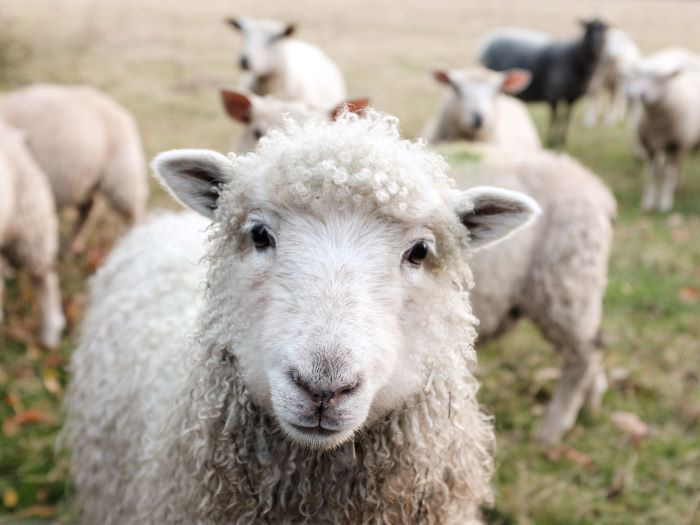In a preliminary hearing in the case of Casamitjana v League Against Cruel Sports, an Employment Tribunal judge has decided that ethical veganism is a philosophical belief which qualifies for protection under the Equality Act 2010.
Facts
Mr Casamitjana became an ethical vegan in 2000 and lives, as far as possible, without using animal products. This means that he does not eat meat or dairy, wear clothes containing animal products or use household items which have been made using animal testing. His belief also impacts his hobbies, employment and modes of transport as he is “moralistically orientated and opposed to all forms of exploitation of all animals” as a result of his “genuine philosophical concern for all sentient life”.
Mr Casamitjana was dismissed by his employer, League Against Cruel Sports, for gross misconduct after disclosing to colleagues that the league invested its pension funds in firms involved in animal testing. Mr Casamijana brought a claim in the employment tribunal claiming that he has been discriminated against because of his ethical veganism.
In order for a tribunal to determine whether Mr Casamitjana has a claim for discrimination under the Equality Act 2010 (“the Equality Act”), the tribunal had to first determine whether ethical veganism is a ‘philosophical belief’, one of the protected characteristics.
In order for something to qualify as a protected philosophical belief under the Equality Act, it must:
- Be genuinely held;
- Be a belief and not merely an opinion or viewpoint;
- Be a belief as to a weighty and substantial aspect of human life and behaviour;
- Attain a certain level of cogency, seriousness, cohesion and importance; and
- Be worthy of respect in a democratic society, not be incompatible with human dignity and not conflict with the fundamental rights of others.
Decision
The judge found that ethical veganism qualified as a protected philosophical belief. There was no doubt that Mr Casamitjana genuinely held his belief and that this belief was “real and genuine”, not simply a viewpoint. The Judge held that ethical veganism “has sweeping consequences on human behaviour” as it concerns the relationship between human and animal life, and that it has “without doubt” obtained a “high level of cogency, cohesion and importance”. The Judge also commented that the recent increase in uptake of the vegan diet, combined with the environmental benefits of observing veganism, show that veganism in general does not offend society. The effects of this meant that the Judge concluded that ethical veganism is capable of being a philosophical belief and thus a protected characteristic under the Equality Act.
As a result of this preliminary decision, this case will now continue to a full hearing in late February 2020.
Comment
Although this ruling does not change the law and is not binding on other tribunals, it has been widely publicised and may increase the number of discrimination claims brought by ethical vegans and others holding philosophical beliefs.

 Frances Rollin
Frances Rollin